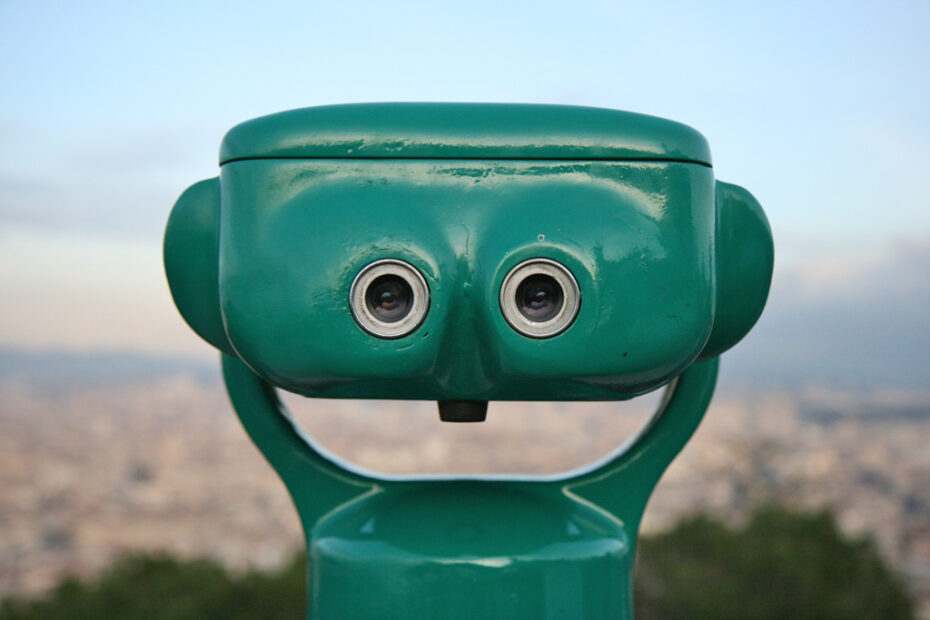Debate: AI and the Commons – solutions to be found only beyond licences
While we surely must not shy away from looking at what develops with and around Open Content and for solutions of harmful effects we must seek beyond the licensing level. We shouldn’t try to leverage copyright as a prohibitive means unless we are willing to sacrifice the idea of the Open Content altogether.
Read the introduction to the debate
Read Anna Mazgal’s take on the issue
New technologies mean new dark sides
The breathtaking potential of automated systems includes a breathtaking danger of abuse. One might argue, however, that facial recognition is not actually an application of artificial intelligence technology, but a rather sophisticated method of pattern recognition combined with an instance of deep learning mechanisms. We should widen the scope to the digital content used for enhancing autonomous systems or automation in general – the term Automated Decision-Making, ADM, comes to mind.
Nobody interested in digital technology, the internet, and fundamental rights should disengage from the debate around such systems and how to regulate them. At the same time we have to be quite precise about the types of content we are talking about. It’s not only because the property of being open (in the meaning of the open definition and the definition of Free Cultural Works) is key here. Also because the possible means for regulation differ according to the content in question.
Read More »Debate: AI and the Commons – solutions to be found only beyond licences









